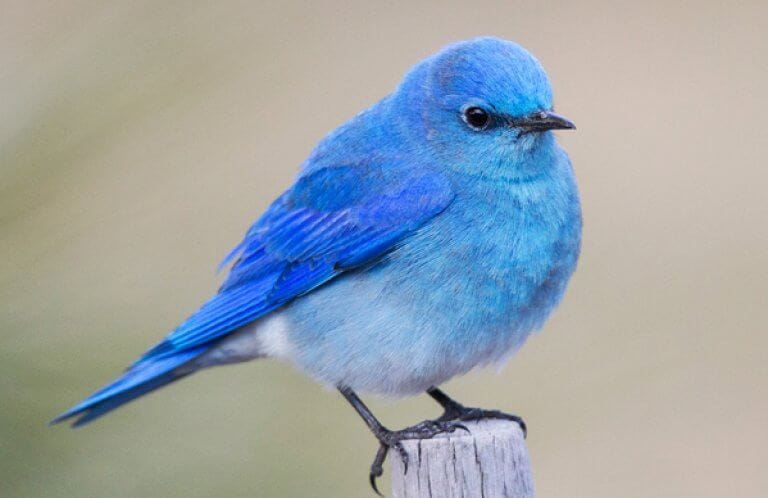One of the most insufferable things about me—and there is a great deal—is my insistence on explaining Twitter conversations to people who a) are not on Twitter or b) hate social media.
“Okay, so the thing is, she donated a kidney and then got mad about talking about it, and at first she was insufferable but then we all realized everyone was insufferable…”
“The hogs were feral, and allegedly there were 30-50 of them?”
“Y’all wanna hear a story about why me and this bitch here fell out?”
And my recounting was always long but never full of suspense.


The type of brainsick community of this insular marketplace of ideas was extremely toxic, rewarded hideously online behavior, created a bubble of influence that felt all-important as long as the Bird app was open, and allowed for something never before experienced in human history.
Sure, back in the late ‘90s and early ‘00s there were forums and BBS outlets (where we would <bold>often</bold> write like this), but never on the global, searchable scale of Twitter. You had to join a board. On Twitter, you could just roll into a conversation with a molotov cocktail, drop it, and then mute the fallout. But this free-for-all approach did something to culture that we will continue to grapple with for years: It flattened it. Sub-cultures became cultures and those guarded identities maintained by years and years of gatekeeping crumbled underneath some dude with an anime avatar schooling you on Marxist theory. Conversation was no longer didactic, going from the one to the many. It flowed democratically: From the many, to the one. (Spoiler: You could be cancelled, at any time, anywhere. Secondary spoiler: The closest I ever came to being cancelled is when I said maybe R. Kelly shouldn’t have a career and lord, I was vindicated.)

The implications of Twitter, in terms of destroying/rebuilding our notions of what fandom looks like and how American culture evolves, will be discussed for years. (And this isn’t even considering countries like Japan and Brazil, where Twitter is the largest and most vibrant social space.)
But to me, the most important legacy of the Grand Twitter Experiment is that culture will be consumed, reacted to, digested, in a way that is no longer mitigated by an arbiter. Political upheaval can be reported on the ground. Despots could foment their election by Tweeting their way into power. We could #MeToo and say #BlackLivesMatter because of that damned hashtag. (I’d be remiss if I didn’t mention the power and special nature of #BlackTwitter, which was more than a community—it changed the way Americans consume media.)
It’s not surprising that the Bird is dying (due to being killed by terminally online billionaire whose approach to conflict is to “post his way through it”, touting paying for exposure as his groundbreaking idea, a concept even Meta has given up on). Or if it doesn’t shatter, it’ll at least becoming something unrecognizable, because (and bear with me) Twitter is the final boss of the written word. The light, float-through-the-feed 160 character conceit works because the last two generations grew up in chat, on boards, in Reddit, on text, delivering witty bon mots anonymously.
But in its place rises a generation raised on video, who don’t differentiate between on and off camera. What can Donald Trump do in the face of TikTok teens? Out dance them? Create green screen video? Gen Z just kind of trusts the algorithm because it can provide something a bit authentic, while Millennials and above (below?) move follower-over-content, looking to trusted familiar voices. I don’t have direct data here other than working in social media since it began, but looking at generational platform usage suggests that, hey, the kids like what video is served to them whereas the olds like to curate their spaces to be exactly what they want. I don’t want to have to watch things. I want to passively consume things that I semi-agree with! This is the Millennial way!
Suffice to say, Twitter was great fun, and important for a small but an extremely online group of people who were able to find each other, work together, create strange moments, and share this weird community of evolving language that allowed you to dunk on the most rich and powerful and go through tiny little mysterious investigations like, who is today’s main character?
Who would have thought the ultimate main character on Twitter would be itself?
And while I doubt Twitter will Go Anywhere explicitly, it is changing. Whatever it will be, what it once was actually was pretty amazing. Anyway, I’ll keep posting as I walk backwards into hell, my dudes.








